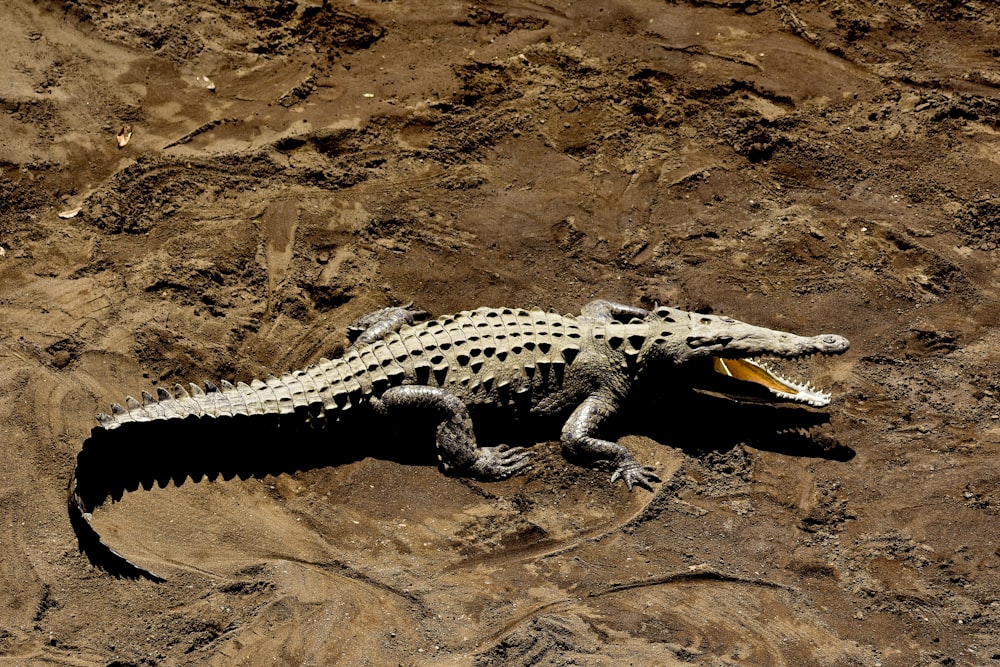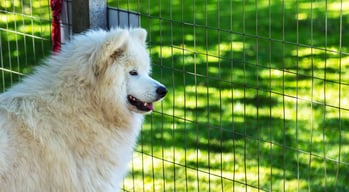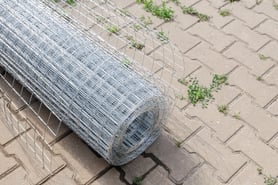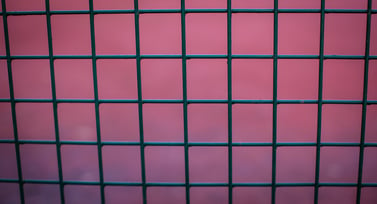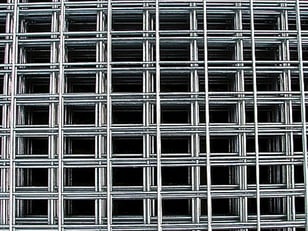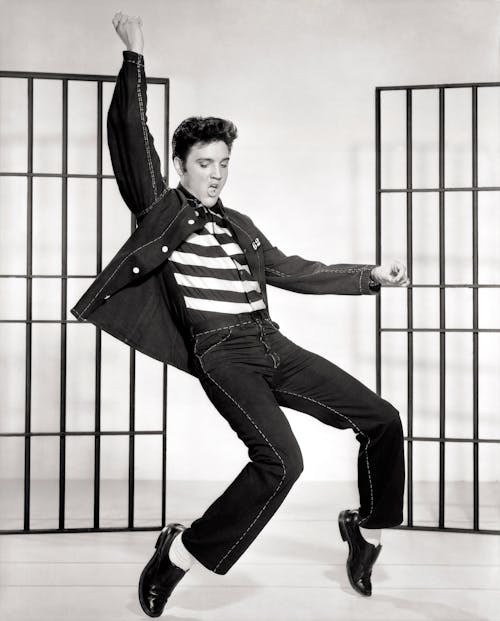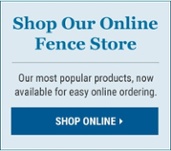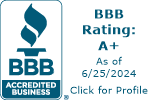Setting Posts--No Concrete
Mark, Line, and Set. This excellent demonstration shows how to deal with undulating terrain, obstacles, and planning for gates. Tamp it down and forget the concrete! Yes, this moves slowly, but it's thorough and makes a heck of a lot of sense.



